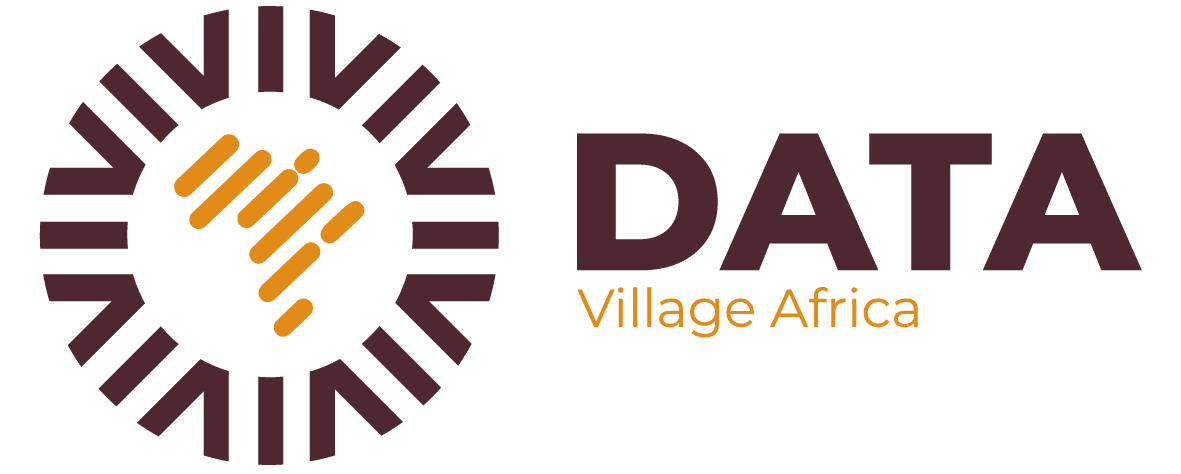The Importance of Homegrown Data and AI Solutions
In recent years, the significance of developing homegrown data and AI solutions tailored specifically for the African context has gained substantial attention. As various nations across the continent face unique challenges, such as economic development, healthcare accessibility, and agricultural productivity, it is imperative to acknowledge that solutions conceived outside of this environment may not adequately address the nuanced needs of the region. Localized data and AI tools can empower African nations to confront these challenges effectively and foster sustainable progress.
One notable advantage of localized data solutions is the integration of local expertise and cultural understanding. Homegrown innovations harness the knowledge of individuals familiar with the socio-economic landscape, enabling the development of more relevant and impactful solutions. For instance, AI algorithms designed to predict agricultural yields can be optimized using local farming data, allowing predictions to reflect regional climatic conditions and crop varieties accurately. Moreover, such trained professionals are better positioned to engage with local communities, ensuring that the solutions meet specific requirements and are widely accepted.
Beyond addressing immediate challenges, the development of homegrown data and AI solutions has the potential to galvanize innovation throughout the continent. Local startups and initiatives are instrumental in this transformative landscape, as they increasingly participate in creating technology-driven solutions that resonate with their communities. By nurturing innovation hubs and fostering partnerships between academia, government, and private sectors, Africa can cultivate a vibrant ecosystem that encourages creativity and problem-solving tailored to local contexts.
The cultivation of indigenous data and AI capabilities is essential for promoting economic growth, enhancing healthcare delivery, and improving agricultural outcomes. By leveraging regional insights, African nations can embrace transformative technologies that facilitate sustainable progress and improve quality of life for their citizens.
Real-World Applications: Solving Africa’s Problems with Data and AI
Across Africa, innovative applications of data and artificial intelligence (AI) are making significant strides in addressing the continent’s complex challenges. One notable example is in the education sector, where AI-driven platforms are being utilized to enhance learning outcomes. Initiatives such as Rwanda’s educational partnership with Carnegie Mellon University leverage data analytics to identify gaps in student performance and tailor learning materials accordingly. This personalized approach is facilitating improved educational attainment and ensuring students are equipped with the skills necessary for future employment.
Public health is another sector experiencing transformative changes through the integration of data and AI. In countries like Kenya, health organizations harness mobile data to track and monitor outbreaks of diseases such as malaria. This data-driven approach not only enables timely interventions but also supports resource allocation to regions most in need. For instance, the use of AI algorithms to predict epidemic trends allows health workers to deploy preventive measures effectively, thereby saving lives and enhancing overall public health resilience.
Furthermore, the logistics and supply chain management in Africa are being enhanced by data analytics and AI technologies, improving efficiency across various industries. In Nigeria, startups are deploying AI solutions to optimize food distribution networks, ensuring that perishable goods reach their destinations in a timely manner. These innovations not only streamline operations but also minimize waste, improving food security and supporting local economies.
Climate resilience is another critical area where data and AI play pivotal roles. Projects like the Climate Information for Resilience Development (CIRD) utilize predictive analytics to guide farmers in crop selection and planting schedules based on changing weather patterns. These initiatives, alongside collaborative partnerships involving governments, NGOs, and private firms, underscore the commitment to harnessing technology as a means to inspire sustainable development and address pressing challenges across the continent.

